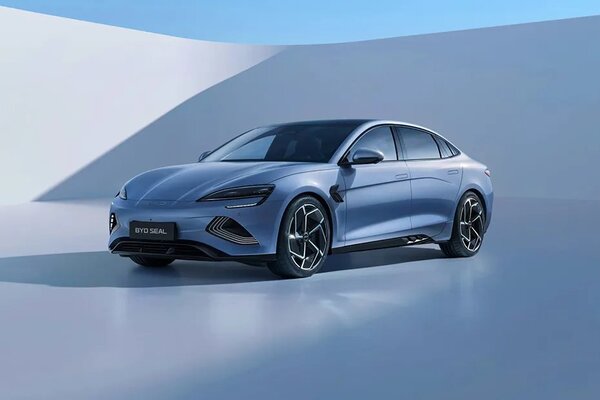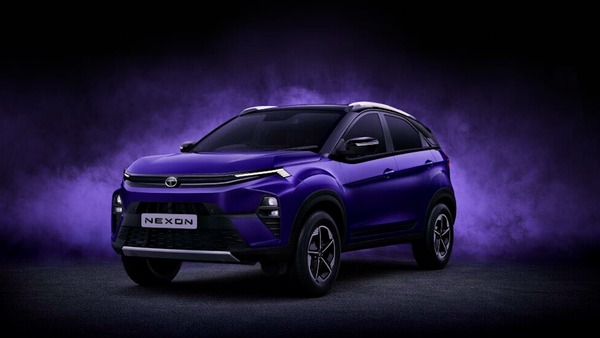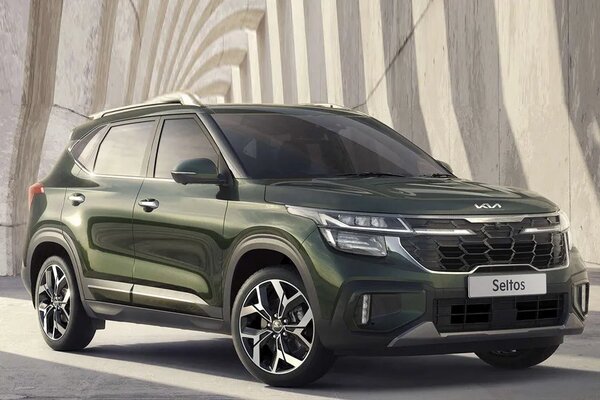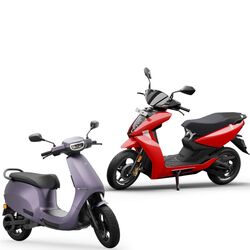Tesla EVs to take wind, humidity and temperature to calculate battery percentage
- Tesla's new OTA update for navigation comes adding a host of new features.
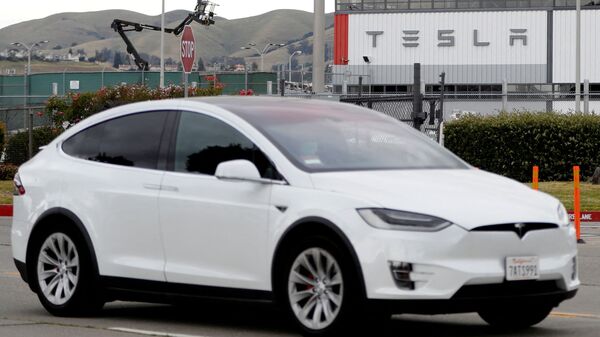

Tesla electric cars will now take predicted crosswind, headwind, humidity and temperature into account while calculating battery percentage on arrival, informed the automaker in a tweet. This latest feature associated with Tesla cars' navigation system comes as part of the automaker's latest software update. The automaker also said that this comes in addition to current factors like predicted speed, HVAC use, elevation changes, current temperature, route ad distance. However, it is not sure, this is meant for any specific Tesla car or all the EVs from the brand.
Also Read : In Tesla snub to India, Elon Musk says 'no plant before selling cars'
As the US electric car major reveals, till now, the Tesla cars' navigation systems used to take factors like speed, AC use, elevation changes during driving, temperature, the route being taken to reach the destination, the distance of destination etc. Adding to those, the new factors that will be considered as well include the crosswinds and headwinds being faced by the vehicle and humidity. This would allow the Tesla cars' computer to predict the battery percentage to remain after reaching the destination more accurately.
Also check these Cars
Electric vehicles' battery consumption depends on a lot of factors. Besides the speed and distance, an electric vehicle's battery consumption also depends on factors like weight, driving behaviour etc. High temperature and high humidity result in a higher drain out of the charge. This eventually results in a lower range for the electric vehicle.
Meanwhile, Tesla is securing a deal to set up its second Gigaplant in Asia in Indonesia. While initially, India seemed the potential location for the second Giga plant in the continent, the tax-related dispute has driven the automaker to Indonesia. Tesla CEO Elon Musk has said that in countries where selling the Tesla cars and servicing them are not allowed, the company will not set up any manufacturing facility there.
The Indian government asked Tesla to submit its manufacturing plan for the country before offering any import tax concession, which was Tesla's long-standing demand.







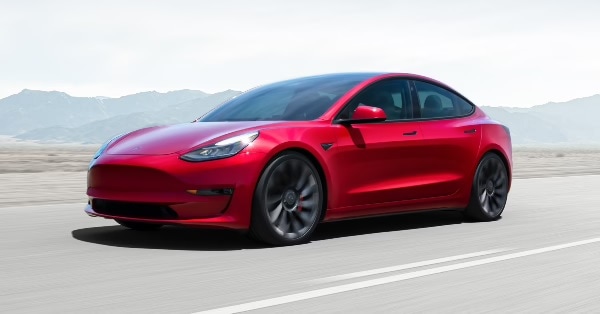
 82kWh
82kWh 555 km
555 km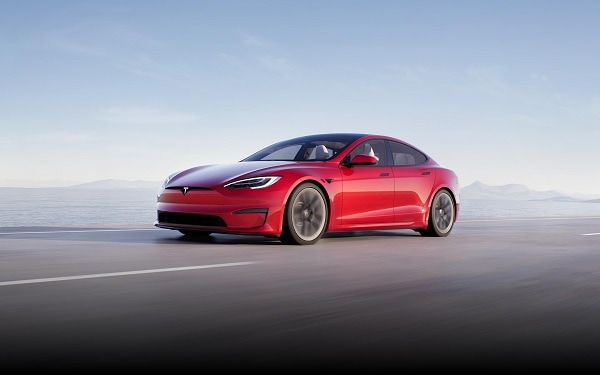
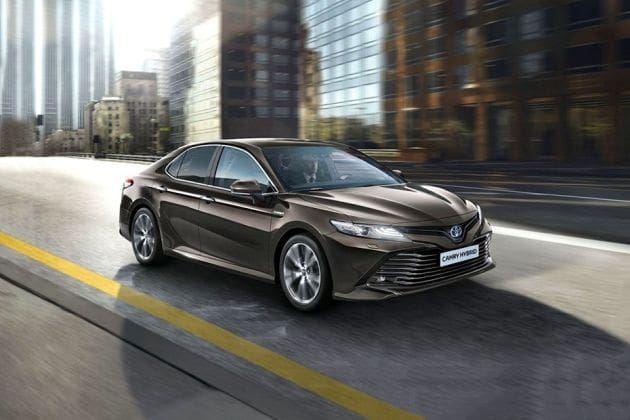
 2487.0 cc
2487.0 cc Multiple
Multiple